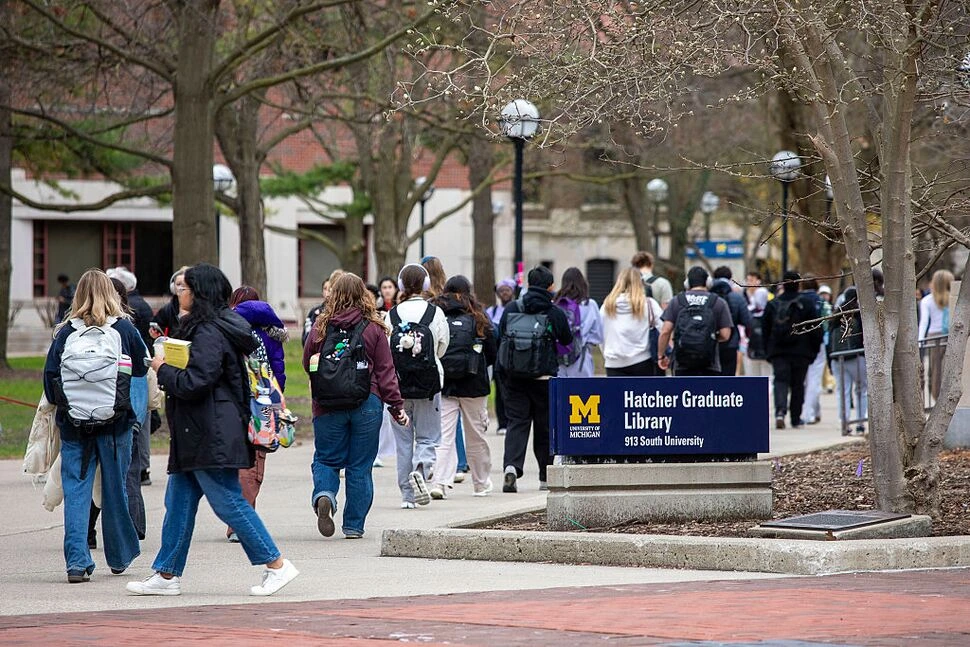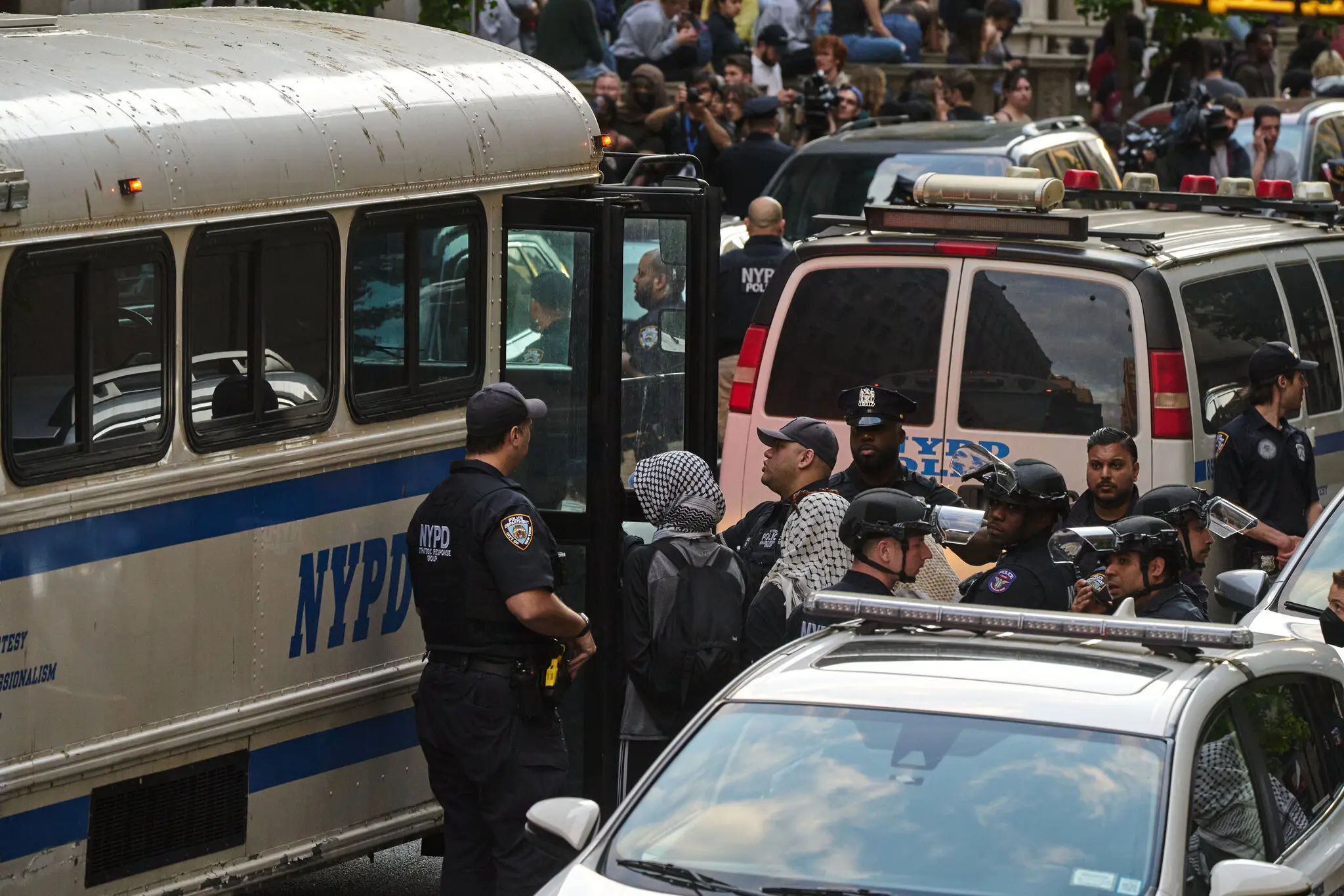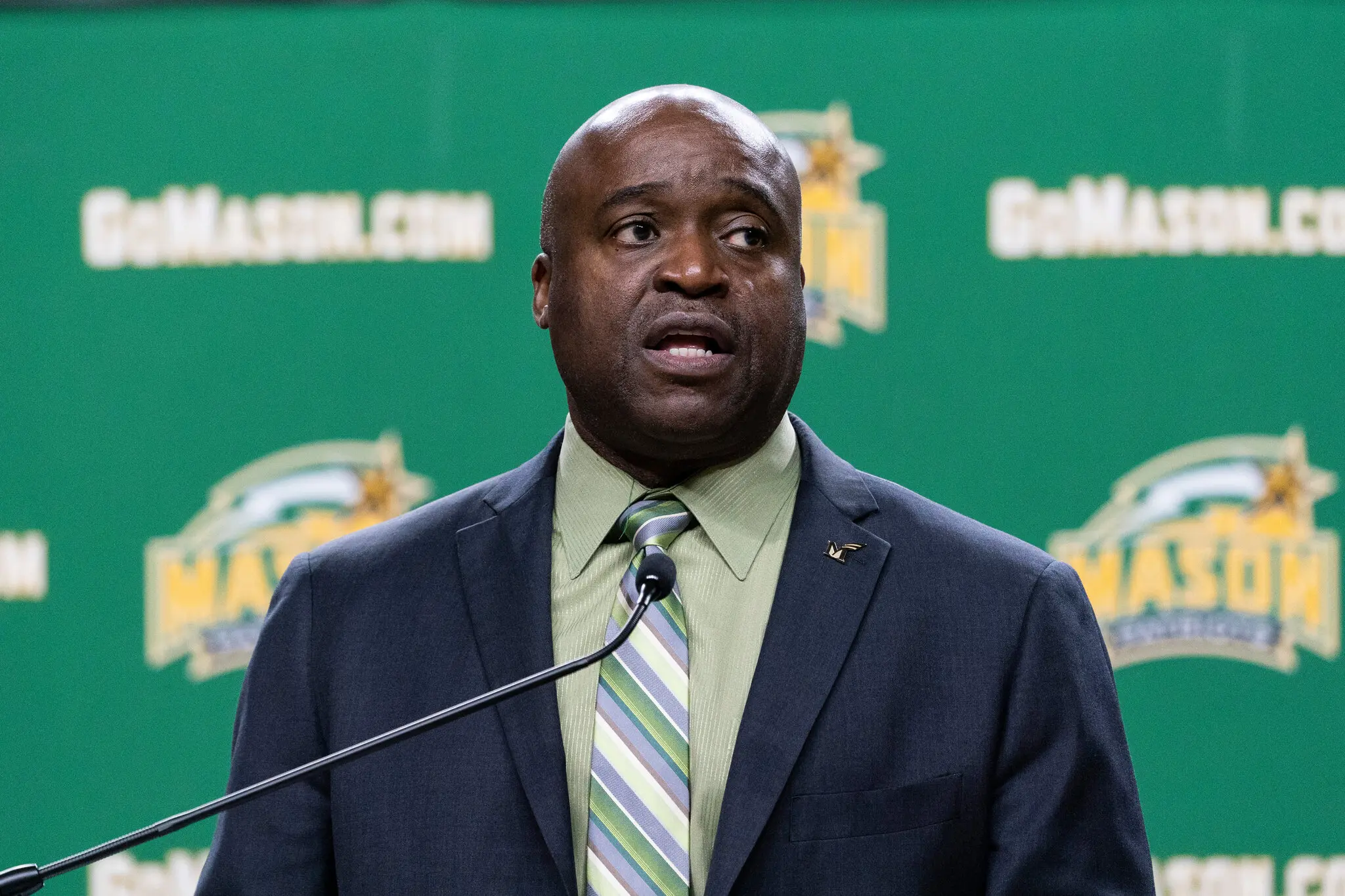Trump Administration Targets Foreign University Funding Amid National Security Concerns
The Trump administration is ramping up scrutiny of foreign gifts, contracts, and exchanges at U.S. universities—leveraging executive authority, enforcement investigations, and funding threats to enforce transparency and limit foreign influence.
In a sweeping push to curb perceived foreign influence on American campuses, the Trump administration has intensified enforcement of Section 117 of the Higher Education Act, launched probes into elite universities, and imposed new funding conditions tied to foreign transaction transparency. Drawing upon an executive order issued in April 2025, the administration is demanding far greater disclosures of foreign gifts and contracts, and elevating enforcement into a political tool in conflicts over academic autonomy, national security, and diversity policy The administration’s policy, outlined in Trump’s executive order “Transparency Regarding Foreign Influence at American Universities,” seeks to reverse prior loosening of foreign funding rules and restore enforcement across the Department of Education and with support from the Justice Department Section 117 requires universities receiving federal funds to report any single or cumulative foreign gifts, contracts, or agreements worth $250,000 or more each year. Officials argue many institutions failed to properly disclose donors, had inaccurate records, or misclassified foreign government sponsors as nongovernmental entities—especially flagrant in cases involving China, Qatar, and other actors with strategic influence ambitions In recent weeks, the Department of Education’s Office of General Counsel has initiated official investigations into the University of Michigan, University of Pennsylvania, University of California Berkeley, and Harvard—each accused of untimely, incomplete, or incorrect reporting of foreign contracts and funding relationships According to a July 15 statement concerning Michigan, officials allege tens of millions in undisclosed foreign funding and affiliations, notably including collaborations with entities tied to foreign governments and research labs linked to allegations of agroterrorism Meanwhile, Penn and Berkeley received similar letters demanding detailed tax records, research contracts, international arrangements, visa documentation, and identification of staff managing foreign programs and partnerships Harvard—a frequent focal point of the broader political fight—likewise faces ongoing scrutiny tied to reported failures in disclosure, alongside separate investigations by the State Department over its Exchange Visitor Program and visa sponsorship for international students and scholars The State Department investigation, announced by Secretary of State Marco Rubio, centers on Harvard’s compliance with J‑1 visa regulations and highlights national security concerns related to academic exchange and ideological alignment Harvard has responded via litigation, alleging retaliatory political targeting and violations of First Amendment and due process rights as groundless restrictions on academic liberty Against this backdrop, Columbia University recently settled with the administration, agreeing to pay over $220 million to restore previously revoked federal research funding and comply with terms on diversity, protest policies, and foreign student oversight—a deal critics say signals chilling effects for other institutions facing pressure over DEI and antisemitism regulation Columbia’s agreement includes terminating certain diversity programs, implementing protest policy reforms, vetting international students, and aligning with federal definitions of antisemitism—a package that watchdogs warn may redefine institutional governance The administration’s campaign reflects deeper anxieties over universities’ growing reliance on international enrollments and foreign funding.
Reports highlight universities receiving billions from nations like Qatar and China—a dynamic long tolerated but now framed as a vector for foreign state influence and ideological sway Observers contend that Section 117 compliance, once treated as bureaucratic technicality, has become a front in political disputes over academic freedom. Critics maintain that many schools struggled for years to interpret reporting rules and feared government audits, leading to underreporting—but now fear punitive use of the law unless they submit preemptively to ideological oversight Despite the administration’s framing of actions as national security and civil rights interventions, opponents argue that funding cuts and investigations constitute coercive pressure that chills university autonomy, speech, and research agendas. Former officials in the Obama era, such as Brett Bruen, warn the policy may dismantle U.
S. leadership in science and international exchange by alienating partners and driving talent abroad According to Senate Democratic reports, restrictive policies and international student visa rollbacks threaten to weaken U. S.
research competitiveness—and as Chinese universities rise in global rankings, the risk of academic talent “brain drain” intensifies Financially, U. S. funding losses are staggering: over 4,000 federal grants across 600 institutions have been targeted for reduction or suspension, affecting billions in research dollars—yet most universities cannot offset gaps via philanthropy or endowments, especially less wealthy public colleges Legal scholars warn that coupling Section 117 enforcement with False Claims Act provisions—which penalize inaccurate reporting—expands risks for universities and may reinforce government leverage over institutional decisions The stakes extend beyond compliance: Harvard, Columbia, and other Ivy League schools host sizable international student populations, often making up 20–30 percent of enrollment.
If funding and visa authority are curtailed, programs, research agendas, and academic reputation may suffer immediate harm Some universities are already adjusting. Institutions nationwide are auditing past foreign contributions, revising disclosure systems, and reclassifying foreign entities to align with stricter standards. Others have reportedly paused or scaled back certain relationships pending outcomes of ongoing investigations.
Policy experts stress that universities need clearer federal guidance, compliance tools, and safe channels to seek clarification—rather than a culture of secrecy and fear As the legal and political conflict intensifies, universities face a pivotal decision: prioritize transparent institutional governance and risk political exposure, or resist perceived ideological encroachment at the cost of federal funding and policy autonomy. The unfolding drama raises fundamental questions about the limits of executive power, academic free speech, and the evolving role of foreign relationships in U. S.
higher education.
24th july 2025



